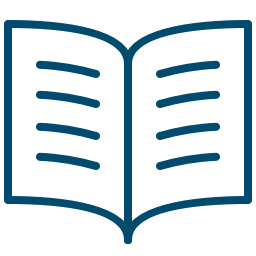Complex tasks translated into user-friendly systems
The dedicated personnel of the public sector work hard to serve the citizens of Denmark. Better services and more efficient case management are high on the agenda across public agencies and authorities.
Many of them struggle with the processing of sensitive personal data and complex legislation they can apply to efficient case management from creation to completion. Whether in payment systems or other forms of advanced case management, minimizing error for users and the state is top priority.
That places heavy demands on supporting IT solutions, and it often requires more than standard solutions. But even when procedures, legislation and supporting IT are highly complex, the user interfaces that meets personnel and the public must never be. They should be simple, effective and intuitive.
Using ‘low-code’ tools such as OutSystems, IT solutions can be built from modules rather than heavy coding from scratch. That makes it possible to either build new systems or upgrade existing solutions faster than ever before. And because such development does not require specialists in coding, it’s possible to move it closer to the professionals in the administration. That’s a big advantage in a sector where the combination of IT technical skills and domain knowledge within the respective authority areas is in short supply.
Bring back the personal touch with IT
The entire public sector is struggling to attract talent. The staff serving the public have to work faster and harder every day.
As an IT supplier, we believe our key objective is to help by providing IT solutions able to streamline and optimize workflows, so more people can perform the fundamental tasks of helping the citizens. Regardless of whether an employee is at a citizen’s home, or working at a screen, IT systems are needed where good user experience is key.
There’s massive potential here for the use of artificial intelligence (AI) and machine learning. With intelligent algorithms, we can create automated flows around, for example, reports and disbursements, so that resources are released that can be deployed on more value-creating activities, while increasing quality.
Artificial intelligence also has enormous potential in heavily legislated areas. Keeping IT systems up to date with complex and changeable legislation is a massive and resource-intensive job. If those systems can propose systemic changes as a result of new legal requirements through the use of AI, that job will be reduced significantly.
The EU's new Artificial Intelligence Act will tighten the framework within which algorithms and artificial intelligence in private companies and public authorities are used. That places demands on data ethics and traceability, making it important to choose an IT supplier that considers ethical AI from the start in the development of new solutions.





